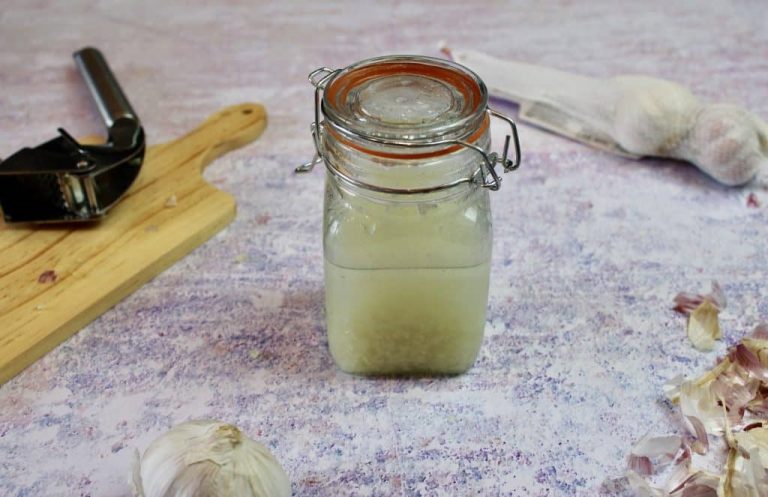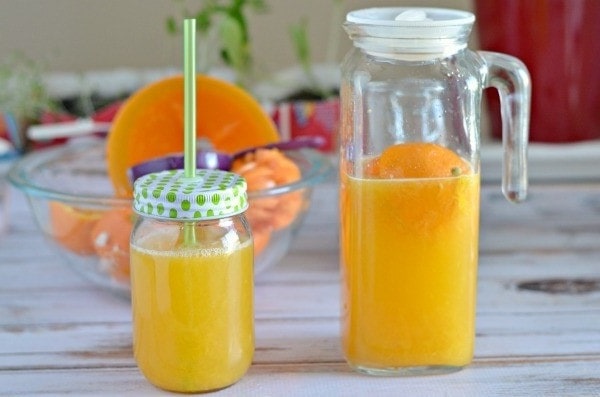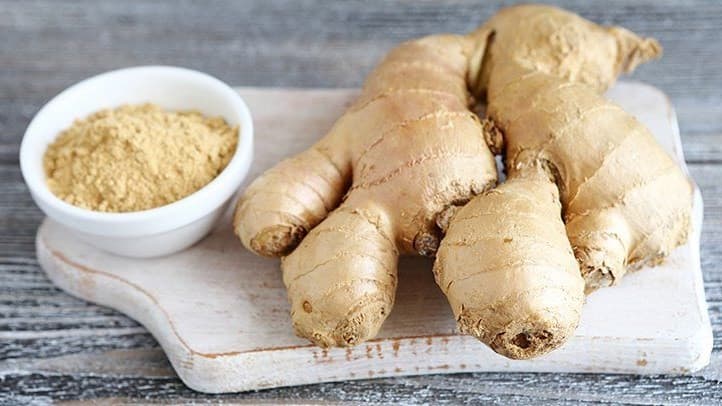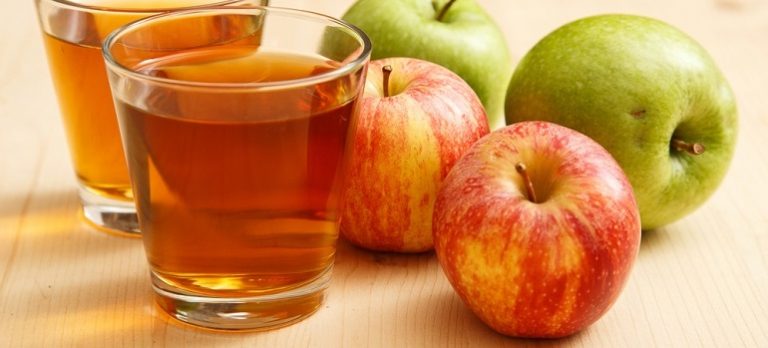How Much Juice in One Lemon
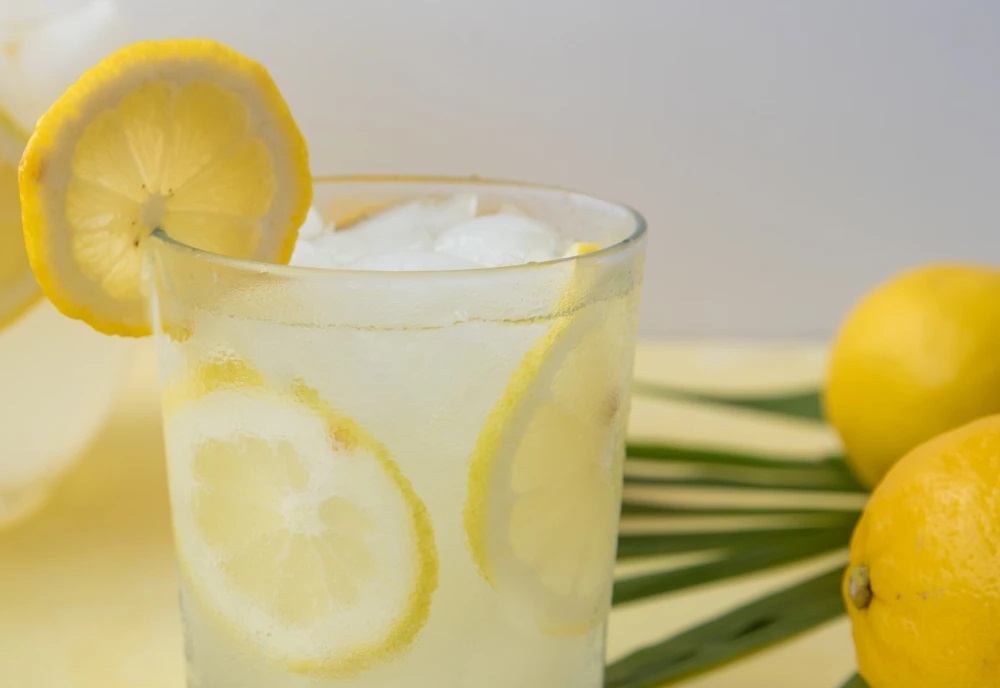
So you’re new to juicing and you want to know how much juice in one lemon? Don’t worry, You are in the right place.
Lemons are one of the most versatile fruits in the kitchen. They’re used for everything from making lemonade to adding flavor to dishes. Lemons are a popular fruit for cooking and baking. They add a delicious tart flavor to dishes and are also high in Vitamin C and pectin. In this blog post, we’ll answer the question of how much juice in one lemon, as well as give you some tips on how to get every last drop of juice out of it. Stay tuned!
Lemon is a type of citrus fruit that grows on small evergreen trees. The fruit is round with thick, yellow skin. They have a sour taste and are used to add flavor to food or drinks. The flesh is acidic and tangy, with some seeds in the center. Lemons are used for their juice, zest, and flavor in cooking and baking. Some common uses for lemons include adding them to water or tea, using them in marinades, and baking with them.
How Much Is the Juice of One Lemon?
Lemon is a citrus fruit that is typically round or oval shaped and has yellow skin. It is used in cooking, baking, and for drinks. Naturally, the amount of juice in a lemon varies depending on the size.
There are two types of lemons: thin-skinned and thick-skinned. Generally, thin-skinned lemons have more juice than thick-skinned ones. However, there is no set rule, so it’s always best to check the lemon before juicing it.
Interestingly, the amount of juice in lemon can vary depending on the thickness of the skin. A thin-skinned lemon will have more juice in the skin, while a thick-skinned lemon will have more juice inside the fruit. This means that you can get more juice by using a thin-skinned lemon, but it’s also more likely to be sour.
The new lemon tree is yielding great big lemons with thick rinds. This is good news for those who love their lemon juice, but it does make the measuring a little more difficult. The amount of lemon seems small compared to other varieties, but just a little bit of this tart fruit will add lots of flavor to your dish.
On the other hand, thin rinds are found in little lemons. The older the lemon tree, the more likely it will produce small lemons with thin rinds. This characteristic can be advantageous for those who want to make juice because they will get more juice out of each lemon.
To answer this question, we need to take into account the thickness of the lemon and its size. On average normal sized lemon with about 2-3 inches in diameter and 1/2 an inch thick would give us about 2-3 tablespoons of juice. This is a measure of how much juice is in a lemon. So one lemon will give you about two to three tablespoons or 29-44 milliliters of juice.
How Does Size Affect the Amount of Juice
The size of lemons varies depending on the region they are grown in. In general, the smaller lemons tend to be sourer while the larger ones have a milder flavor.
It is a common misconception that the bigger the lemon, the sourer it will be. However, this is not always the case. The size of the lemon also determines how much juice it contains in itself. One big lemon can produce more juice than a small one, so when you are looking for a lemony taste in your drink or recipe, make sure to pick up a large lemon!
A lemon’s size does matter, as it dictates how much juice the fruit holds. Below is a simple standard conversion guide about the sizes of lemons and how much juice each of these sizes holds:
- Extra small (1 oz): 1 tbsp juice.
- Small (2 oz): 2 tbsp juice.
- Medium (3 oz): 3 tbsp juice.
- Large S4 oz): 4 tbsp juice.
- Jumbo Sized Lemons (5+ oz): More than 4 tbsp.
Different Measurement Techniques
There are a variety of ways to measure the juice in lemons. You can use volume measurements, like cups, tablespoons, teaspoons ( three teaspoons of lemon juice are equivalent to one tablespoon.), or milliliters, or you can use weight measurements, like ounces or grams using a kitchen scale. You can also use a scale to measure the lemon’s weight before and after juicing to calculate the juice yield.
While it is true that milliliters and tablespoons are both measurements, they are used for different things in a recipe. Milliliters measure the volume of the liquid, while tablespoons measure the weight of the solids. When making this particular recipe, make sure to use milliliters to not add too much or too little juice to your lemon.
This is a common transformation that is used in the United States. 16 tablespoons are equal to 1 cup, and this can be used when measuring other ingredients such as lemon juice.
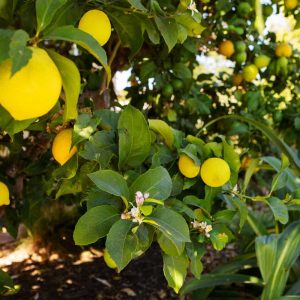
Amazing Benefits of Lemon
Lemons also have a variety of benefits. Below are some of these benefits:
- Lemons are a great source of Vitamin C. Vitamin C is essential for keeping your immune system healthy and functioning correctly. It also helps keep your skin looking young and healthy.
- Lemons are high in antioxidants which can help protect your body from damage caused by free radicals, which is a primary reason for cancers and other serious diseases.
- Lemon juice is a great way to improve oral hygiene. It can help eliminate toothache, gum bleeding problems, and bad breath.
- It has been found that lemon juice can help increase oxygen levels in the body. Additionally, it aids in digestion and helps flush out toxins.
- Lemons are a great source of potassium. Potassium is vital for maintaining fluid balance and keeping your heart healthy.
- Among other benefits, lemons are known for their ability to help manage blood sugar levels and improve overall carbohydrate management. This is crucial for maintaining blood oxygen saturation levels, which is necessary for keeping the body healthy and functioning properly.
- Lemon juice can also be used as a natural dye. So if you want to lighten your hair color, lemon juice may be a good option for you.
- Lemon juice can be used as a natural cleaning agent. It is excellent for removing hard water deposits, limescale, and soap scum from surfaces such as sinks, fixtures, and appliances.
- Lemon peel likewise has many applications as a cosmetic or household item.
The Anaotmy of Lemon
Lemon is a fruit that is widely used in the culinary world. It is believed to have originated from the tropical climate of Northern India. The lemon has a sour taste and is used to add flavor to food or to make drinks more refreshing. This citrus fruit came from a species of small lemon tree in the flowering plant family Rutaceae.
Four main types of lemons are available commercially. They are the Eureka, Lisbon, Meyer, and Bearss lemons. Each type has its unique flavor and characteristics.
The most common lemon is called the Eureka or Four Seasons lemon. It is so named because it produces fruits and flowers all year round. The fruit is oval-shaped with a smooth, thin skin that ranges in color from yellow to green. The flesh is acidic and juicy with a few seeds.
The lemon is composed of rind, flesh, and seeds. The rind is used for flavoring food or drinks, and the flesh is used for juicing or eating. The seeds are typically discarded but can be eaten as well.
How Many Ounces of Juice Is In One Lemon?
There are various ways to measure how much juice is in a lemon. One way is to use a scale to measure the weight of the completely lemon and then calculate the juice yield. Depending on the size of a lemon that you plan to juice, the ounces of juice may differ. For example, if you have a small lemon, it will yield about 2-3 ounces of juice, while a larger lemon can provide up to 8 ounces of juice.
It takes 8 medium lemons or 6 large lemons to get 1 cup of juice (8 ounces). So if you want to make more than 1 cup, just multiply the number of lemons by 8 or 6 to get the desired amount of juice.
Tips for Juicing Lemons
Here are some tips to get every last drop of juice from a lemon.
- When selecting lemons for juicing, it is important to choose the right ones. Heavier lemons tend to carry more juice and are thus preferable. Meyer lemons are a great variety to use for juicing as they yield more liquid than other types of lemons.
- When you are juicing a lemon, it is helpful to heat it briefly in the microwave first. This will make it easier to juice, and you’ll get more juice from the lemon. It’s crucial if you store your lemons in the fridge- they’ll be harder to juice that way.
- To get the most juice out of a lemon, place it on the kitchen bench or cutting board and roll it back and forth while pushing down on the fruit.
- Cut the lemon in half width-wise so that you have two halves.
- Use a fork to squeeze the lemon halves gently and extract the juice. You can use a hand juicer or citrus squeezer that will help you extract more juice from the lemon.
- Don’t forget to use the zest of the lemon as well! The zest is packed with flavor and can be used in everything from cocktails to desserts.
- There are many different types of technology that can help you in the kitchen. For example, if you regularly make juice from lemons, it may be worth investing in an electric juicer to make the process easier. You can then squeeze large batches at once and freeze the juice in ice cube trays, wrap it in a plastic freezer bag, ice molds, or clear glass jars and squeeze out air until you need it. Even a manual juicer will be well worth the money.
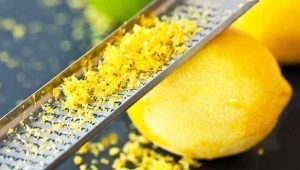
What is a Good Lemon Juice Substitute?
If you’re looking for a good lemon juice substitute, there are a few different options. For dessert or a sweet side dish, try lime or orange juice or a combination of both. You could also use grapefruit juice, pineapple juice, or apple cider vinegar.
If you are looking for a good lemon juice substitute, grapefruit juice might work, but it is best to use it sparingly.
If you need a lemon juice substitute for a recipe, there are plenty of options. For example, try using white vinegar or green apple cider vinegar for a salad dressing. If you’re looking for something more savory, try using rice vinegar or soy sauce.
Another great substitute for lemon juice is lemongrass. If you are making a soup or rice dish, consider using lemongrass as it has a similar flavor profile to lemon juice.
When cooking, if you’re looking for a good lemon juice substitute, citric acid can be used as a salt substitute to give dishes a sour-salt finish.
Related Article: Can You Juice Garlic
Don’t Ignore the Zest
Lemon zest is the outermost layer of the lemon. It is used as a flavoring in various dishes and can be added to both sweet and savory recipes. Lemon zest contains the most flavor, so it’s important not to waste it!
In fact, you can buy dried and preserved zest, but it can never replace freshly grated zest when it comes to adding an authentic, fresh citrus flavor to your cooking and baking. The zest is where all of the essential oils are found in.
FAQ’s
What’s the Difference Between Lemons and Limes?
Compared to lemons, limes have round, small, and green fruits that are bitter in taste. On the other hand, lemons are bigger oval-shaped lemons with thick yellow skin and are also sweeter when compared to limes. Although both lemons and limes are not closer in tartness, they offer the same health benefits.
Is Lemon Juice in a Bottle the Same as Fresh Lemon Juice?
No, lemon juice in a bottle is not the same as fresh lemon juice. The citric acid content of bottled lemon juice is much lower than that found in fresh lemons.
How Much Juice Does a Small Lemon Give?
A small lemon with a diameter of about 5.5 centimeters can give around 1/2 cup of juice, but this amount will vary depending on the size and type of lemon.
Does Lemon Juice Go Bad?
Lemon juice goes bad, whether it’s commercially produced or freshly squeezed. Freshly squeezed lemon juice can last two or three days when refrigerated but can be stored for approximately six months in the freezer, considering that it will begin to lose its flavor over time.
What’s the Difference Between Lemon Zest and Rind?
The zest is the colored, thin outer portion of the skin. The rind contains the zest and a bit of the bitter white pith, whereas the peel is the entire jacket.
What is the Best Lemon for Juicing?
There are many different types of lemons, but the Meyer lemon is known for its juiciness and rich flavor. It is a cross between a lemon and an orange and has a slightly sweeter taste than other lemons. Indeed, Meyer lemons are less acidic than other types of lemons. This means that even if you end up with more lemon juice than the recipe calls for, it still should work. The flavor of Meyer lemon juice is also a bit mellower, so don’t worry too much about it. If you’re looking for the most juice possible, a Meyer lemon may be the best option.
How Much Concentrated Lemon Juice Equals a Whole Lemon?
There are about 3 tablespoons of lemon juice in a whole lemon. If you are looking for concentrated lemon juice, it is best to look for a product with at least 6% acidity.
To make Lemon juice concentrate, you will need 6-7 lemons. If you want 1 cup of lemon juice, then use the equivalent of 10-11 lemons.
A lot of charts show that there are approximately 3 tablespoons of concentrated lemon juice in a whole lemon. This can be helpful when cooking or baking, and you need just the right amount of lemon flavor.
How Much Lemon Water Should I Drink a Day?
Water is the ideal beverage for hydration, but some people don’t prefer its taste on its own, so they may want to mix it with lemon juices.
As outlined by the Food and Nutrition Board, general recommendations say that men should get at least 125 ounces per day and women should get at least 91. This includes water from other drinks and food.
How to Clean Lemons Before Juicing?
To clean a lemon, you should soak the lemon in saltwater for 20 minutes. After washing it, use the rind to scrub off any dirt or residue on your hands and then rinse it off. Finally, dry the lemon with a paper towel to remove excess water and salt before storing it in your refrigerator.
What Can You Do With Lemon Pulp After Juicing?
There are a lot of usages for lemon pulp. One usage is to puree some pulp and rind in a food processor and whip it into butter for lemon butter.
Conclusion
Lemons are a sour citrus fruit that is often used in recipes, drinks, and cleaning products. They are also high in nutrients and beneficial for your health. Lemons are a good source of vitamin C, potassium, B-complex vitamins, and antioxidants.
Not all lemons are created equal. Some lemons are juicier than others. This is due to various factors, including the type of lemon and where it was grown.
Lemon is a citrus fruit that is typically hard and has a sour taste. The amount of juice in a lemon depends on a few factors, including the time of year it was picked and how ripe it was when it was picked. For example, a hard lemon that was picked before it had a chance to ripen fully may not be as juicy.
There is no definitive answer to the question of “how much juice in one lemon”. It depends on a number of factors, including the variety of lemon and its ripeness. Generally speaking, greenish lemons will not have as much juice as ripe lemons, but there is no set rule. You may want to experiment with different lemons to see which ones yield the most juice.

